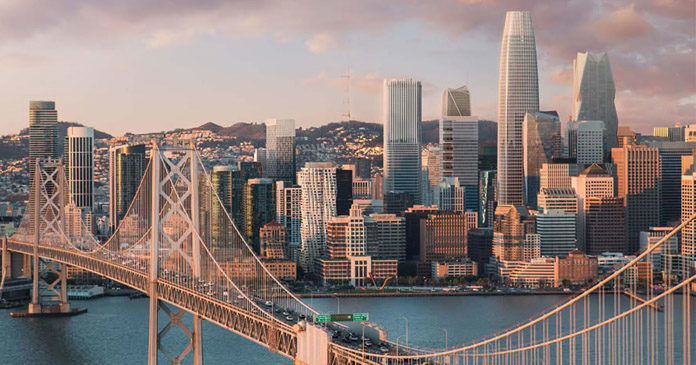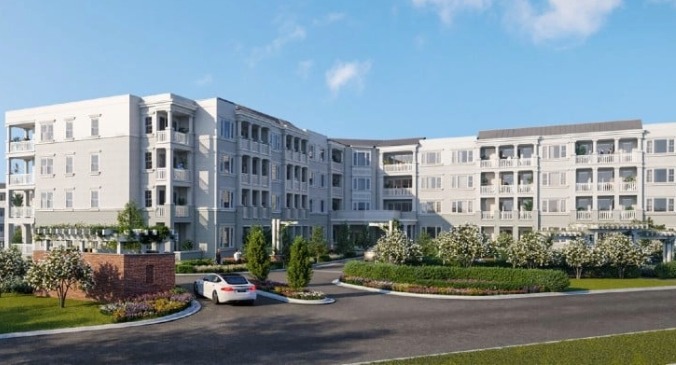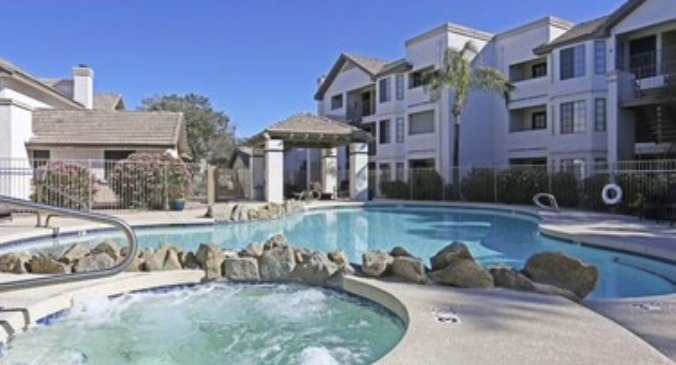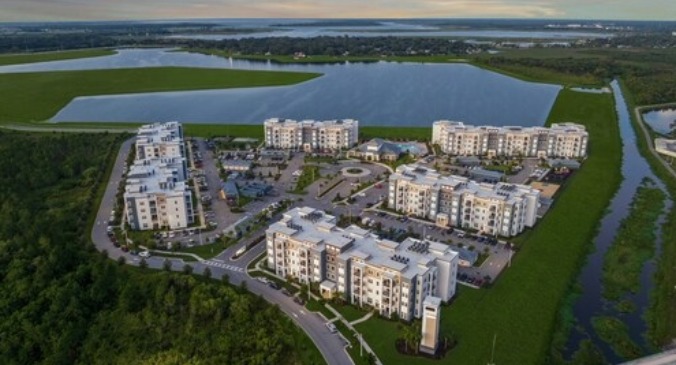San Francisco has a housing problem.
Among other challenges, tech has overtaken the City and exacerbated a housing shortage that was already one of the worst in the country. The parallel problems of an epidemic of homelessness and a soaring cost of living continue to dog one of the world’s most important tech centers. Things may change—or probably not—after next month when the city will choose a new mayor.
Even though the famous skyline has become remarkably unrecognizable with the overwhelming 61-story SalesForce Tower, 55-story 400 Folsom, 43-story 500 Folsom and 11 other high-rises, lots of cranes don’t always mean lots of housing.
While the City permitted over 15,000 housing units between 2010 and 2015—the most of any Bay Area city—it’s housing remains woefully insufficient to meet the needs of an exploding workforce. And while housing may not pencil for developers, office space obviously does: there’s over 6 million sq. ft. of office space in production this year alone. Which begs the question: What are SF urban planners thinking?
The bottomless pit of bureaucracy, unions and red tape
San Francisco’s painfully long development process, described as like “going to the DMV,” deters the lion’s share of developers and is a major reason deals don’t pencil.
“I don’t look for a recession, but a good recession will calm things,” Signature Development VP of Forward Planning Patrick Van Ness said during Bisnow’s San Francisco Real Estate Business & Politics event recently. “While in the weeds, we can’t address big-picture issues. A light recession will give us a chance to pause and reset.”
The event was replete with war stories from those brave enough to build in San Francisco. Bottom line: It’s unlikely the City’s housing shortage will be alleviated soon. Even seemingly mundane solutions like modular housing construction, a method that has already eased construction challenges in other parts of the country and in cities as near as Oakland, are highly-charged, political suicide in this, the most progressive of cities.
Modular housing was abruptly shut down by San Francisco labor unions who objected to bringing the units in from outside the Bay Area where labor is less expensive.
Until something changes, San Francisco will continue to have some of the most expensive housing in the country.
















